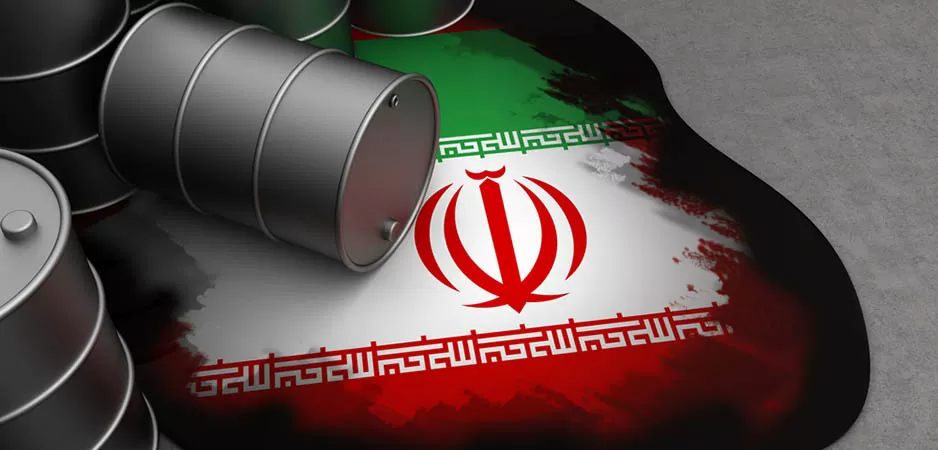Already a subscriber? Make sure to log into your account before viewing this content. You can access your account by hitting the “login” button on the top right corner. Still unable to see the content after signing in? Make sure your card on file is up-to-date.
The United States has announced a wave of new sanctions targeting both Iran’s oil sector and the global networks helping to circumvent US sanctions.
Some shit you should know before you read: If you’re unaware, Iran’s oil industry is under a shitload of sanctions imposed by both the United States and its allies, which has effectively cut the country off from most of the formal global energy market. These sanctions limit Iran’s ability to sell oil through legal channels, forcing it to rely on covert methods like shadow fleets and forged documentation. Because of this isolation, Iran sells its oil at steep discounts (often $10 to $20 per barrel below market price) to attract buyers willing to take the risk, making its crude significantly cheaper. Countries like China have become major buyers of this discounted oil, often using middlemen or obscure maritime routes to avoid detection.

Getting into it: According to the Treasury Department, the sanctions targeted an Iraqi-British businessman named Salim Ahmed Said and a complex web of companies and vessels he used to smuggle Iranian oil in violation of US sanctions. Said operated a network that blended Iranian oil with Iraqi oil to disguise its origin, then sold it on the global market using forged documents. His UAE-based company, VS Tankers FZE, and other affiliated firms like VS Oil Terminal FZE, VS Petroleum DMCC, and Rhine Shipping DMCC, were central to the scheme.
US officials said vessels from Said’s fleet would meet at sea with sanctioned Iranian tankers and conduct covert ship-to-ship transfers, often in areas near the Iraq-Iran maritime border. The mixed oil was then transported to storage tanks controlled by VS Oil in Iraq, where documentation was forged to list the oil’s origin as Iraq. These documents allowed the disguised oil to enter international markets via ports in the UAE, and payments were often smuggled back into Iran using vehicles loaded with millions of dollars in cash.
Several vessels connected to the network were sanctioned, including the DIJILAH, CASINOVA, VIZURI, FOTIS, THEMIS, and BIANCA JOYSEL. These ships, flagged in various countries like Panama, Cameroon, and the Marshall Islands, were part of what’s often referred to as Iran’s “shadow fleet.” The US Treasury also sanctioned the companies that own or manage these ships.
In a statement, Treasury Secretary Scott Bessent said, “As President Trump has made clear, Iran’s behavior has left it decimated. While it has had every opportunity to choose peace, its leaders have chosen extremism. [The] Treasury will continue to target Tehran’s revenue sources and intensify economic pressure to disrupt the regime’s access to the financial resources that fuel its destabilizing activities.”







